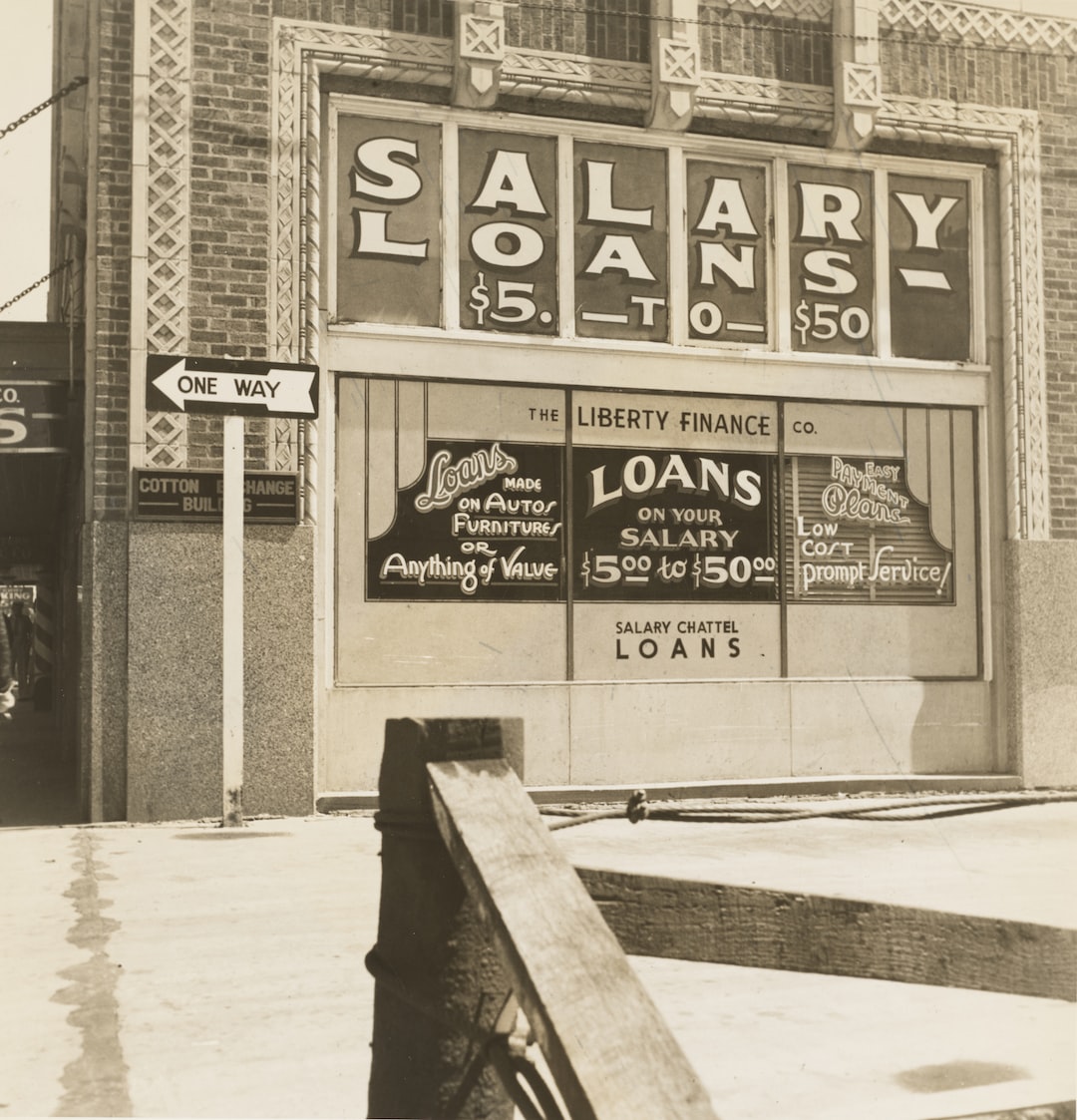The Role of Personal Credit Scores in Small Business Loan Applications
In the world of small businesses, securing financing can sometimes be a daunting task. While there are various options available for entrepreneurs, one crucial factor that often comes into play is the personal credit score of the business owner. This is particularly true when it comes to applying for loans from micro lenders.
Micro lenders, also known as microfinance institutions, play a vital role in providing financial services to small businesses and individuals who do not have access to traditional banking services. These lenders aim to promote economic growth and empower entrepreneurs who may otherwise struggle to obtain funding.
While micro lenders strive to be more flexible than traditional banks, they still need to assess the creditworthiness of the borrowers to mitigate their own risk. This is where personal credit scores come into play. Lenders rely on these scores to gauge an individual’s financial history, which helps them determine whether they are a reliable borrower or not.
Personal credit scores reflect an individual’s creditworthiness based on their past financial behavior, including their payment history, credit utilization, length of credit history, and several other factors. These scores are typically provided by credit bureaus, such as Experian, Equifax, and TransUnion, and range from 300 to 850. Higher scores indicate a lower credit risk, increasing the chances of obtaining favorable loan terms.
When small business owners approach micro lenders for loans, their personal credit scores are often considered a critical factor in determining their eligibility and the loan terms offered. A high credit score can give the business owner a significant advantage, as it demonstrates their ability to manage personal finances responsibly.
A solid personal credit score instills confidence in lenders that the borrower is likely to repay their loan on time. It shows that the individual has a track record of handling financial obligations responsibly, which reduces the risk for the micro lender. As a result, borrowers with higher credit scores may enjoy lower interest rates, longer repayment terms, and higher loan amounts.
However, it is important to note that micro lenders, being more flexible than traditional banks, may also consider other factors alongside personal credit scores. They may assess the business’s cash flow, collateral, and the overall viability of the venture. Some lenders may even consider the character and experience of the borrower.
In conclusion, personal credit scores play a significant role in small business loan applications, particularly when dealing with micro lenders. While these lenders aim to help entrepreneurs who may face difficulties in securing financing through traditional channels, they still need to assess the creditworthiness of borrowers to manage their own risk. Entrepreneurs with high personal credit scores are more likely to secure favorable loan terms, as it demonstrates their financial responsibility and reduces the risk for the micro lender. However, micro lenders may consider other factors alongside credit scores, such as cash flow and the overall viability of the business, before making a lending decision.
************
Want to get more details?
JCG Capital LLC
www.jcgbusinesslending.com
Unlock the Funding to Grow your Business- JCG Capital LLC

